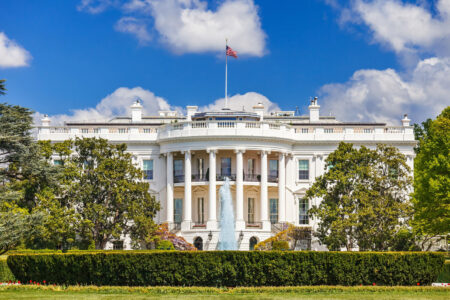The International Monetary Fund (IMF) marks in its latest Global Financial Stability report that DeFi is a concern for global markets. They believe that it poses financial stability risks and requires regulation because this space is unregulated and could get endangered really quick.
The International Monetary Fund (IMF) has published a new report on global financial stability, which covers the DeFi market, among other things. The IMF’s Global Financial Stability report for April 2022 largely focuses on the financial stability risks that the conflict in Ukraine has imposed on the global economy, but also devotes attention to sovereign-bank nexus in emerging markets and “risky business segments” in fintech.
More regulation needed?
While admitting that fintech can increase efficiency, foster competition, and broaden access to financial services, the IMF states that inadequate regulation and “interconnectedness with the traditional financial system” can have financial stability implications. Specifically, with respect to the crypto space, it refers to digital banks and DeFi.
The organization calls for regulations for DeFi, with the focus being on stablecoin issuers and centralized exchanges. The latter two have been common talking points in regulatory discussions, and stablecoins, in particular, have been subject to much scrutiny. Centralized exchanges, meanwhile, have been regularly updating policies and business practices as dictated by the changing regulatory landscape.
The IMF worries that the unregulated DeFi landscape poses market, liquidity, and cyber risks - worries that have been put forward many times before. It notes that the absence of centralized entities in the DeFi space makes effective regulation and supervision difficult. So instead, the IMF asks that regulators turn their attention to stablecoins and centralized exchanges to exact some control on the space. Additionally, it suggests that authorities should encourage DeFi platforms to be subject to robust governance schemes, including industry codes and self-regulatory organizations. These entities could provide an effective conduit for regulatory oversight.
DeFi pushing forward
DeFi does, in fact, continue to be something of a wild west in the market. The 2017 ICO boom saw regulatory hammers slam down on the market, but DeFi has been much harder to control. Its unprecedented and sheer decentralized nature of it has made creating a cohesive regulatory framework difficult for authorities.
But there’s no question that lawmakers will focus their attention on the DeFi market going forward, especially given the rate of adoption and growth in the past two years. Stablecoins look to be among the highest priorities for countries, especially since some believe the sector can threaten national sovereignty. However, it will be another task altogether when it comes to unhosted wallets.




